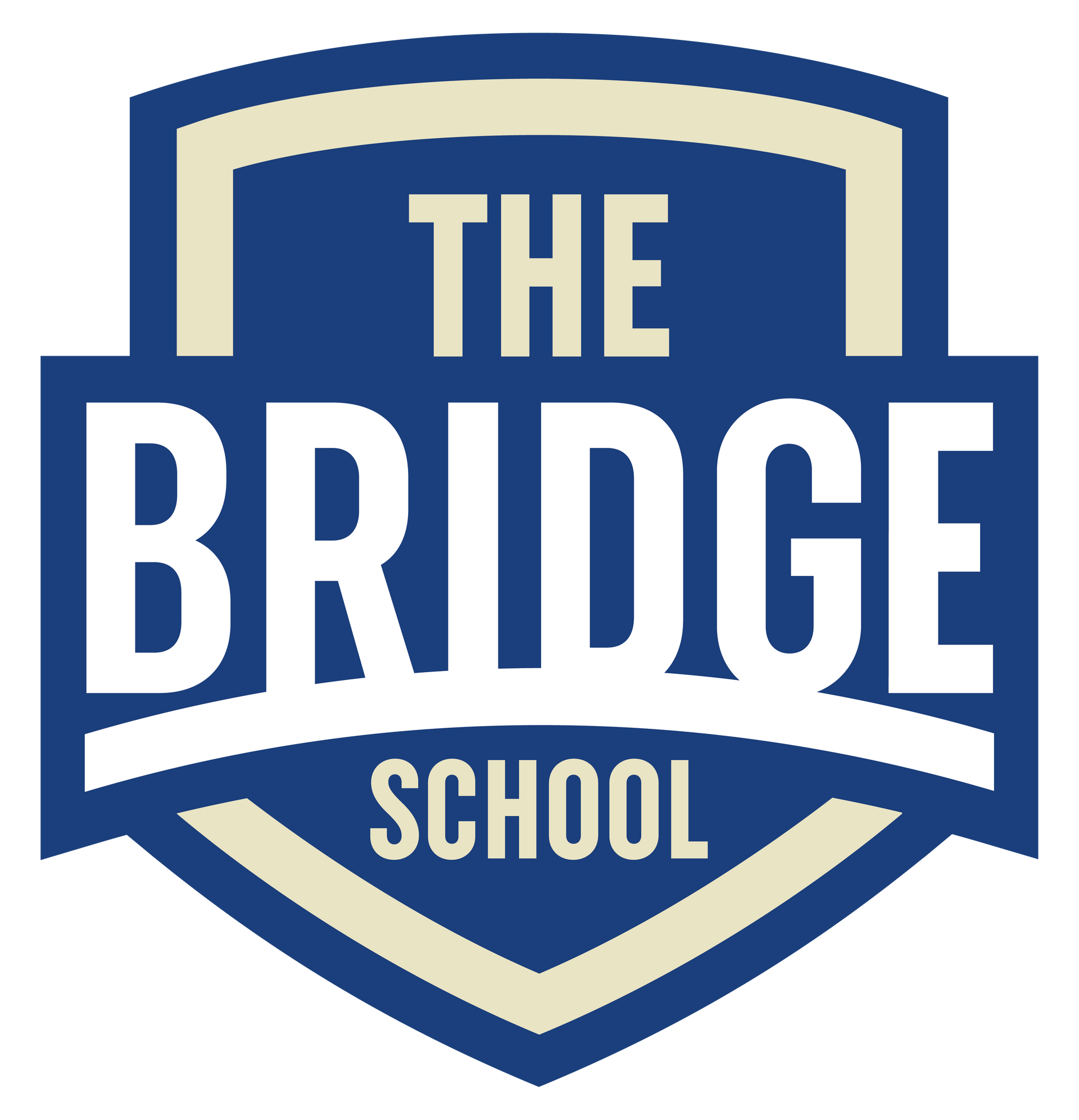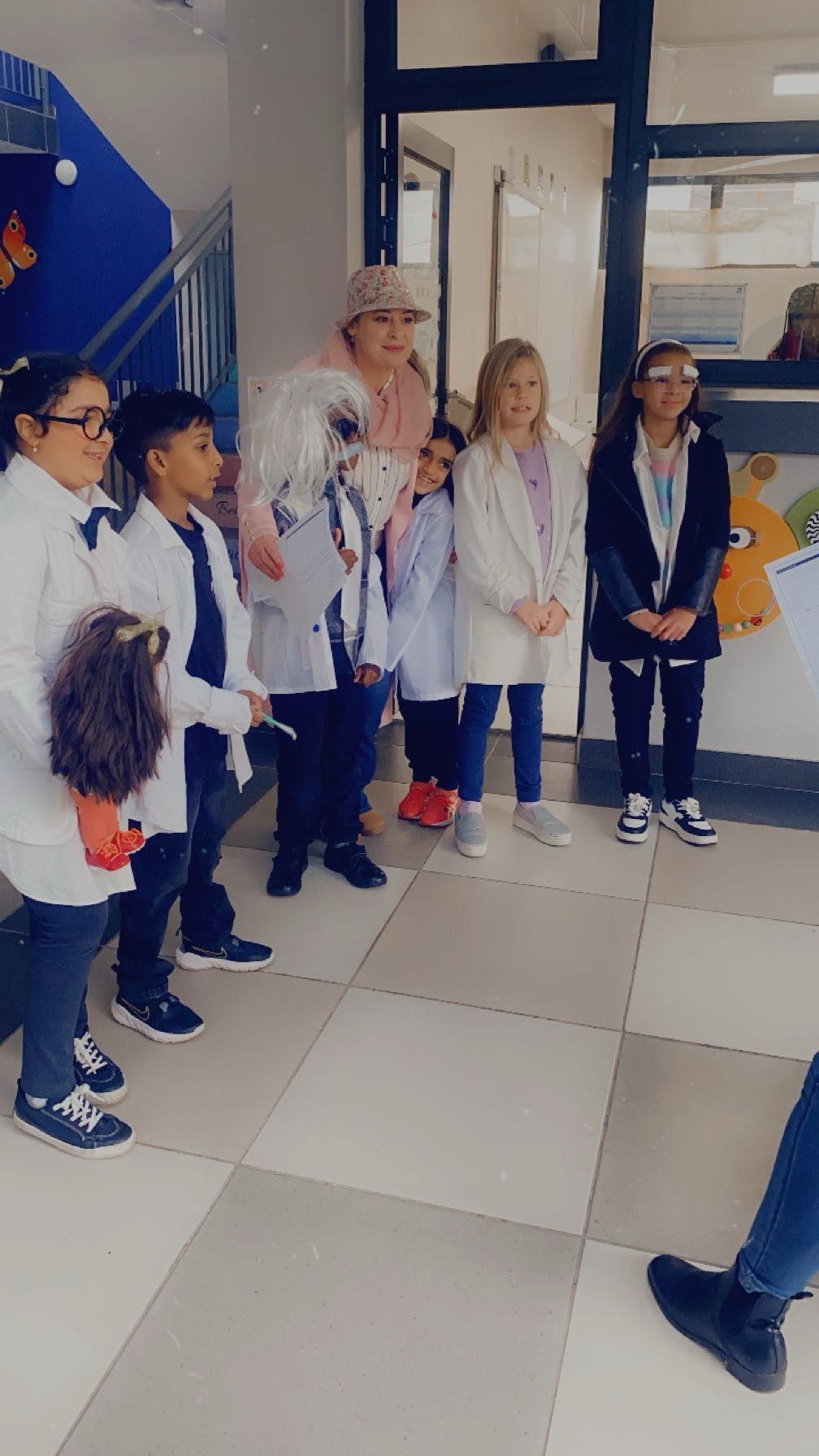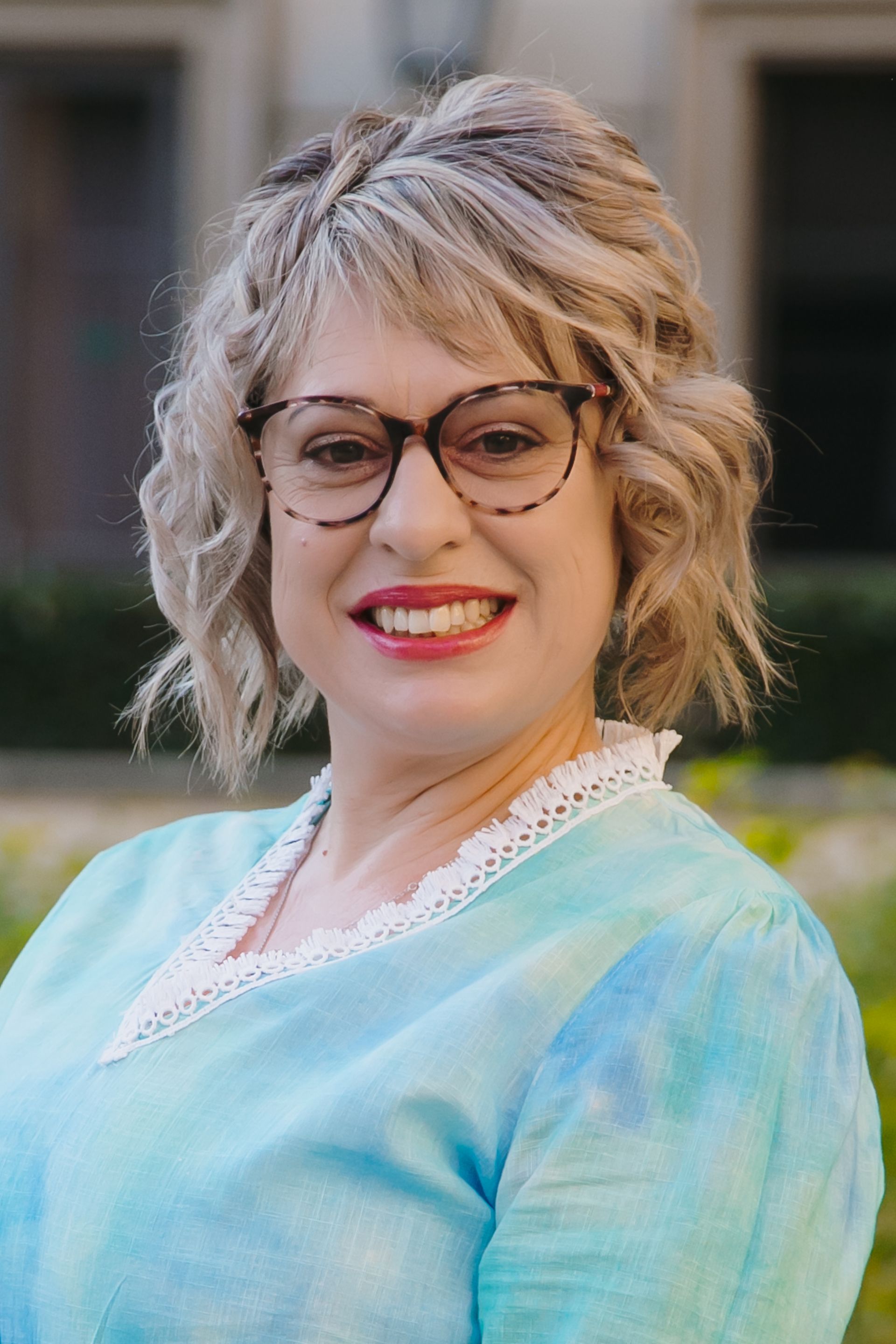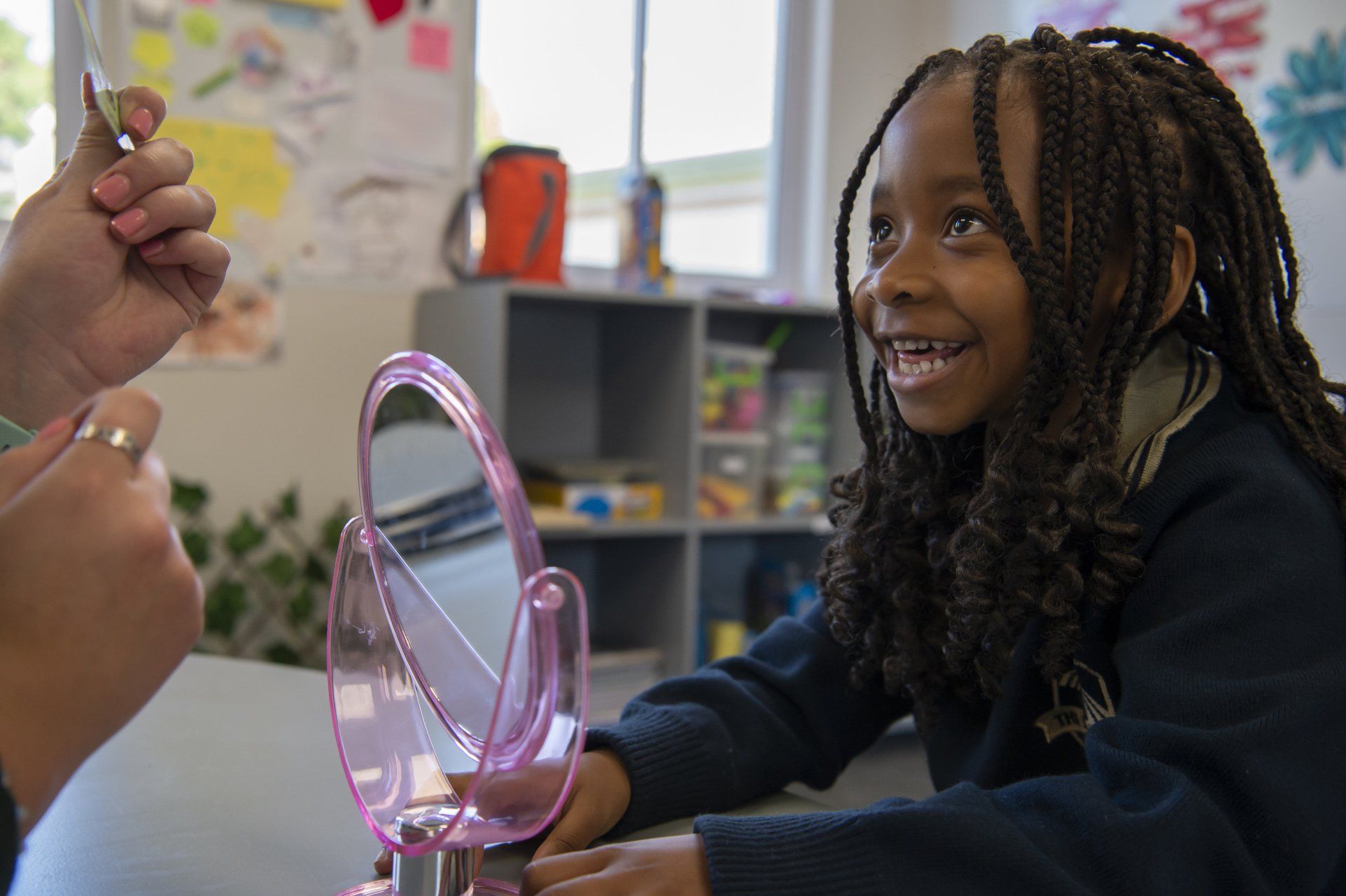Dyslexia Unpacking the Myths vs Facts
Rian Nell • 21 June 2021

Dyslexia is a neurodiverse barrier to learning which may affect a person throughout his/her life.
Neurodiversity consists of many possible learning and thinking differences such as anxiety, ADHD, dyspraxia, and even autism. However, another major aspect of neurodiversity that has an impact on children’s lives is that of dyslexia, which may affect a person throughout his/her life. At the Bridge Assisted Learning School we follow a Neurodiverse approach and our teachers work with students to teach them strategies to bridge these barriers.
Dyslexia is a specific learning variance that is neurobiological in origin. It is characterised by difficulties with accurate and/or fluent word recognition and by poor spelling and decoding abilities. Some of the characterising features are as follows:
- Difficulties with phonological processing;
- Difficulties with rapid naming;
- Difficulties with working memory;
- Difficulties with processing speed.
There are many misconceptions regarding dyslexia, here are some of the most common:
Myth: Intelligent people cannot be dyslexic or have a learning disability.
Fact: Dyslexia and intelligence are NOT connected. Many dyslexic individuals are very bright and creative and have accomplished incredible things as adults.
Myth: Dyslexia is rare.
Fact: Research has shown that dyslexia may affect from 10 to 17 % of the population. Some people may have more mild forms, while others may experience it more severely. Dyslexia is one of the most common causes of reading difficulties in primary school children.
Myth: Dyslexia can be outgrown.
Fact: Dyslexia is a lifelong barrier and will continue into adulthood. Although many dyslexics learn to read accurately, they may continue to read deliberately and not intuitively.
Myth: Dyslexia cannot be diagnosed until after grade three.
Fact: Suitably trained and qualified people are able to identify the precursors to developing dyslexia from a pre-school level. Difficulty with phonics and word pronunciation is a good warning sign of dyslexia. It is possible to make a more definite diagnosis as soon as the child begins to struggle with learning to read, spell, and write. The sooner a diagnosis is made, the quicker the child can get help.
Myth: Dyslexia is not genetically based.
Fact: It is a genetically based, neurological difficulty with phoneme awareness and processing skills (the ability to perceive and manipulate speech sounds). A combination of a family history of dyslexia and symptoms of difficulties in spoken language can help identify a vulnerable child even before he/she begins formal schooling.
Myth: Any child who reverses letters or numbers has dyslexia.
Fact: Up to a certain point, it is considered normal for children to reverse their letters and numbers and is actually quite common. However, if this does not stop after two years of handwriting instruction, it becomes a red flag for dyslexia.
Myth: Children with dyslexia are just lazy. They should try harder.
Fact: Lack of awareness about the disorder among educators and parents has often resulted in the child being branded as "lazy”. What regularly happens is that children with these issues would rather not attempt a task than fail.
Think of Albert Einstein. He was considered someone who would probably not succeed in life. He had speech challenges, difficulties adjusting to a rigid way of teaching and even dropped out of school. His teachers misjudged his potential by claiming to the world that he would fail. However, he stayed passionately curious. That was the drive that made him one of the most influential scientists of all time. Therefore, nurture your child’s talents, help them to develop interests, acquire tools for learning and stay motivated. Dyslexia is not new, but our understanding and support will make a huge difference!
To learn more about neurodiversity, please click here
.
To learn more about how the Bridge School takes a Neurodiversity approach, please click here
.
To enquire about the Bridge Assisted Learning School, please click here
.
ABOUT DR GREG PIENAAR
Dr Pienaar holds a doctorate in Psychology. His work has focused mainly on the school-going child over the years, in terms of therapy or play therapy in private practice. He continues to make a significant contribution to the field of assisted and special needs learning through his articles in Educational and Psychological Journals and papers at International Conferences.
ABOUT ADvTECH
The ADvTECH Group, a JSE-listed company, is Africa’s largest private education provider and a continental leader in quality education, training, skills development and placement services. The Group reports its performance in a segmental structure reflecting the Schools and Tertiary as two separate education divisions, and Resourcing as the third division. ADvTECH’s Schools division comprises 10 brands with more than 100 schools across South Africa, including Gaborone International School in Botswana and Crawford International in Nairobi, Kenya. It owns 9 tertiary brands, across 30 campuses across South Africa and the rest of Africa, and its higher education division, The Independent Institute of Education, is SA’s largest and most accredited private higher education provider. ADvTECH’s 9 resourcing brands places thousands of candidates annually, assisting graduates to make the transition from the world of study to the world of work.
ABOUT THE BRIDGE SCHOOL
The Bridge caters for students with average to above average abilities. The school follows a Neurodiverse approach, ensuring that all students are included, catered for and receive the additional support they need. With our increased knowledge around educational development, we see that more people are affected by Neurodevelopmental conditions than ever before. Neurodiversity follows the view that brain differences are normal, rather than deficiencies. When following a Neurodiverse approach, students with learning and thinking differences benefit greatly.
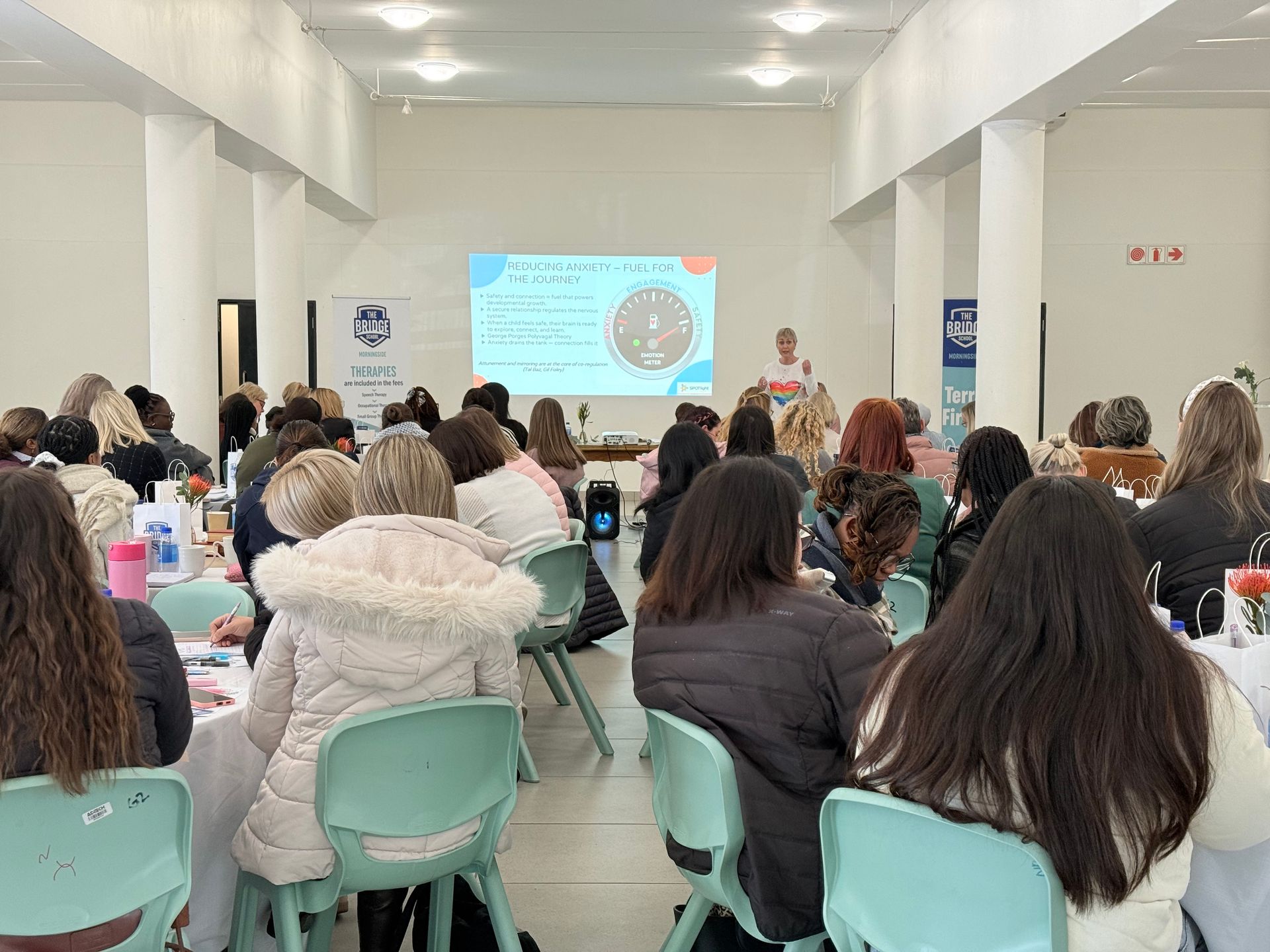
Neurodiversity is a concept that recognises and respects neurological differences—such as autism, ADHD, dyslexia, and other cognitive variations—as natural forms of human diversity. Rather than viewing these differences as deficits, the neurodiversity paradigm promotes inclusion, understanding, and tailored support to help each learner thrive. In a school context, this means shifting from a “one-size-fits-all” model to a flexible, responsive approach that honours individual learning styles, communication needs, and emotional development. At The Bridge School, we believe in embracing the diversity of every learner’s potential through a neurodiverse educational philosophy. Our approach includes customised learning paths that adapt teaching methods to suit individual strengths and challenges. We foster a safe, nurturing environment where students feel valued and supported, ensuring their academic, emotional, and social growth. Our dedicated team of experienced teachers and therapists works collaboratively to meet each student’s unique needs. With a multidisciplinary team—including specialist teachers, speech and occupational therapists, and educational psychologists—we offer integrated classroom support and holistic development. We are proud to launch our very first Neurodiversity Summit—a pioneering initiative aimed at equipping educators with practical, sustainable strategies for supporting neurodiverse learners. This event served as a platform for experts in the neurodiversity space to share insights, tools, and approaches to managing emotional and behavioural challenges in inclusive classroom settings. Our goal is to create greater awareness of neurodiverse learners and highlight the innovative work happening at The Bridge School. The summit featured four dynamic presentations: DIR Floortime South Africa unpacked the DIR model, sensory processing needs, and practical ways to support transitions using relationship-based interventions. A Parent Perspective will provide a heartfelt account of the importance of communication and collaboration between parents and educators in supporting neurodiverse learners. Tash Munisamy, Lead Occupational Therapist at The Bridge School, shared practical tips on emotional and behavioural management from a regulation-based perspective—including strategies for educators to enhance their own self-regulation. Katlego Mantsho & Tandzile Makobe, Speech Therapists at The Bridge School, provided hands-on behavioural management strategies grounded in communication development. With a vision to build a vibrant, supportive community, this summit delivered in it’s promise to be colourful, engaging, and deeply practical—knowledge was shared, collaboration was fostered, and inclusion was celebrated. Key Features of The Bridge School: - Personalised Learning Plans - Continuous Evaluation - Inclusive Culture
